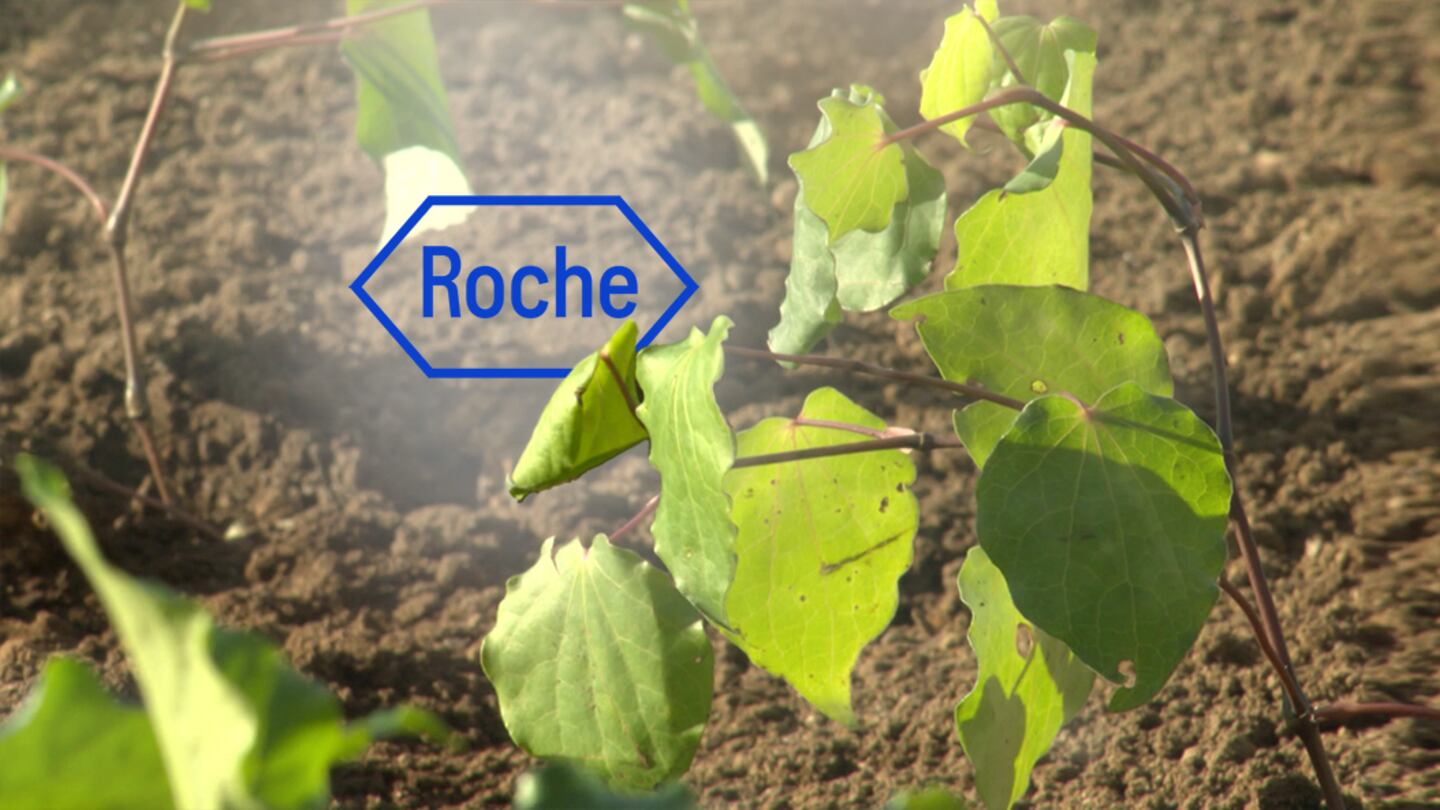Te Rūnanga o Ngāti Whātua and global pharmaceutical company Roche Pharmaceuticals have recently set up Tū Kotahi, a new partnership that will see modern medicine meeting traditional Māori values and practices.
The pact calls for investigating novel approaches to disease prevention, treatment, and wellness for descendants of the iwi, hopefully bringing it to other iwi in the future.
The iwi’s co-chair, Dame Naida Glavish, says the “open, honest and frank” pact opens a new chapter in medical innovation and cultural preservation.
“I feel really good about it because Te Rūnanga o Ngāti Whātua will stand in its own mana motuhake and so will Roche. There is a need, of course, to have an understanding between the two in terms of mana motuhake, total sovereignty, coming together with each other.”
There’s been mutual respect from the iwi for Roche understanding the body and physical health, while Roche admires mātauranga Māori in relation to the wellness of hinengaro and wairua, she says.
“It was a very, very interesting conversation and an acceptance that what you can’t see isn’t necessarily there.
Better health outcomes
“[Ngāti Whātua] holds a responsibility, every tribe in this country agrees, to manaaki all manuhiri who are in our tribal rohe. It benefits all in Ngāti Whātua and, in the rohe of Ngāti Whātua, others will benefit.
“We have no problems whatsoever that if Roche can work with Ngāti Whātua, Roche can work with Te Kahu o Taonui [Tai Tokerau tribe collective]. If they can with us, they can with anyone.”
Putting patients first, according to Roche Pharmaceuticals’ new NZ General Manager Alex Muelhaupt, involves acknowledging the health disparities experienced by indigenous peoples.
“We believe that patients, communities and the biopharmaceutical industry must work together to ‘do now what patients and their whānau need next’.
“This is the purpose of our relationship commitment to Ngāti Whātua. By listening and walking with them, we can identify where our expertise can help with the better health outcomes they seek.”




